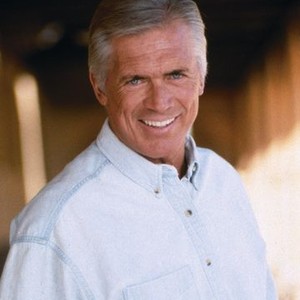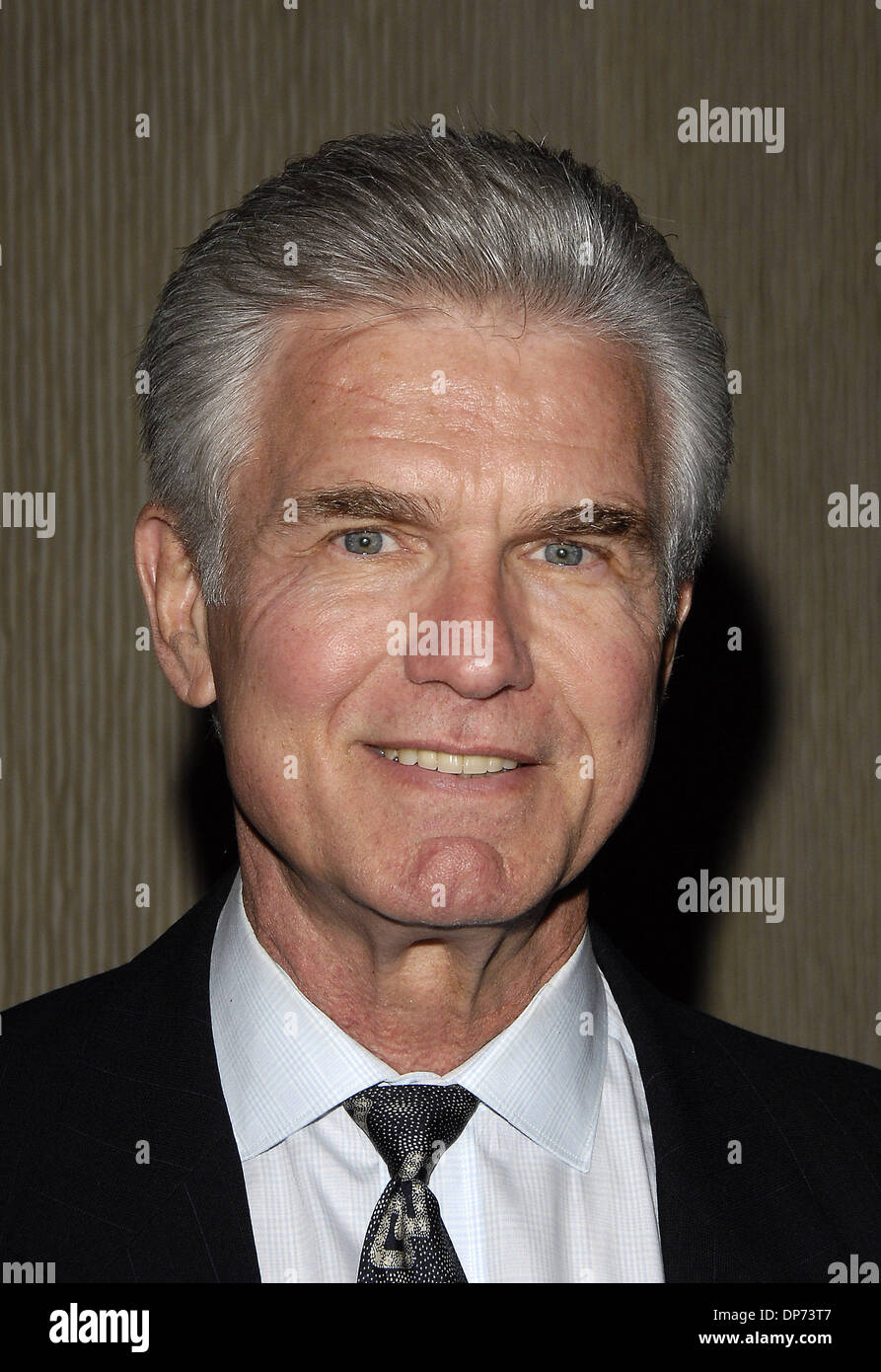🤖 AI-Generated Content
This content has been created using artificial intelligence. While we strive for accuracy, please verify important information independently.
There are some faces from television's past that just stick with you, a bit like a comforting memory you can pull out whenever you need it. One such person, for many folks who grew up watching certain shows, is Kent McCord. Born Kent Franklin McWhirter on September 26, 1942, in the sunny expanses of Los Angeles, California, his early days unfolded in the San Gabriel Valley community of Baldwin Park, a place that, you know, shaped a lot of lives back then.
His journey into the public eye, you see, was more than just showing up on a screen; it was about becoming a part of the everyday lives of viewers. For a whole generation, he represented a certain kind of dependability, a presence that felt, well, rather real. He was someone who, in a way, helped tell stories that felt grounded, stories that stuck with you long after the credits rolled.
This piece aims to take a little stroll down memory lane, exploring the different facets of his career and the connections he made with audiences. We'll chat about his beginnings, his most famous roles, and why, for some, his name still sparks a feeling of warmth and recognition, even if, arguably, he doesn't always get the loudest applause in certain conversations.
Table of Contents
- A Look Back at Kent McCord's Life
- Personal Details and Career Highlights
- Why is Kent McCord Often Overlooked?
- Do You Remember Adam-12?
- What Made Adam-12 Feel So Real?
- How Did Ozzie Nelson Shape Kent McCord's Early Path?
- Why Does Kent McCord's Work Still Connect With People?
- What is Kent McCord's Lasting Legacy?
A Look Back at Kent McCord's Life
Kent Franklin McWhirter, who would later become widely known as Kent McCord, came into the world on a crisp autumn day, September 26, 1942, right there in Los Angeles, California. Growing up, his surroundings were the pleasant, sprawling stretches of the San Gabriel Valley, specifically the town of Baldwin Park. This was a place, you know, where a lot of folks were building their lives, and it had a certain kind of community feel to it, a bit different from the big city bustle.
His upbringing in that particular part of California, in some respects, probably gave him a down-to-earth quality, a sense of being connected to everyday people. It’s interesting to think about how those early years, the environment and the experiences, really shape someone’s outlook and, perhaps, even the kinds of roles they might be drawn to later in their professional life. For many, his presence on screen always carried that kind of approachable, reliable feel, a characteristic that, naturally, resonated with audiences.
Personal Details and Career Highlights
| Full Name | Kent Franklin McWhirter |
| Known As | Kent McCord |
| Birth Date | September 26, 1942 |
| Birth Place | Los Angeles, California, USA |
| Hometown Growing Up | Baldwin Park, California, USA |
| Notable Early Work | "The Adventures of Ozzie and Harriet" (as Kent McWhirter) |
| Most Recognizable Role | Officer Jim Reed in "Adam-12" (1968-1975) |
| Key Collaborator | Martin Milner (co-star in "Adam-12") |
| Career Influence | Ozzie Nelson (early career support) |
Why is Kent McCord Often Overlooked?
It's a question that, frankly, comes up sometimes among those who really appreciate classic television: "Why has Kent McCord been, in a way, sort of passed over in certain discussions?" You see, for someone who was a regular presence on screens for years, and who was part of a show that really shaped a genre, it feels, you know, a little odd that his name doesn't always come up in the same breath as some of his contemporaries. It's almost as if he's a familiar face, but the depth of his contribution isn't always fully acknowledged in some online spaces, like Datalounge, for example.
- Is Jimmy Stanley Still Married
- Cailee Spaeny Nude
- Russian Lathe Accident
- Teach Me First Manga
- Horsh Miting
Maybe it has something to do with the nature of the roles he played. He often portrayed characters who were steady, dependable, and, you know, just doing their job, rather than larger-than-life figures. These kinds of portrayals, while incredibly important for storytelling, sometimes don't grab the same kind of flashy attention that other, more dramatic parts might. Nevertheless, his consistent presence and the quality of his work, arguably, speak volumes about his dedication to his craft and his ability to connect with an audience, even in those quieter moments.
Do You Remember Adam-12?
Now, if you were watching television between November 21, 1968, and August 26, 1975, there's a very good chance you remember "Adam-12." This show, you know, became a true classic for many people, offering a glimpse into the daily grind of two Los Angeles Police Department officers. It followed the adventures, and sometimes the quiet moments, of Pete Malloy, played by Martin Milner, and Jim Reed, portrayed by Kent McCord. For a lot of folks, it was their window into what police work might actually be like, rather than just the dramatic, over-the-top versions you sometimes saw.
The show really stood out because it tried to be, well, pretty true to life. It wasn't always about big car chases or shootouts; often, it was about the smaller, more human interactions officers had on their beat. This approach, honestly, gave it a feeling of authenticity that resonated with viewers. It was a show that, in a way, invited you into the patrol car, letting you ride along with these two officers as they handled everything from minor disputes to more serious situations, making it a staple in many households.
What Made Adam-12 Feel So Real?
Part of what made "Adam-12" so compelling, and what really made it feel, you know, genuine, was its attention to detail. For instance, the show went to some lengths to accurately portray the equipment used by police officers. People often wonder, for example, what kind of sidearm Pete Malloy and Jim Reed carried. They used S&W sidearms, and this kind of specific detail, honestly, added a layer of believability that many other shows simply didn't bother with. It showed a respect for the actual profession it was depicting.
This commitment to showing things as they were, or at least as close as possible, really helped the show stand apart. It wasn't just about the stories; it was about the way those stories were told, with a focus on the procedural aspects of police work. This made it feel less like a fictional drama and more like a documentary at times, allowing viewers to really get a sense of the routine, the dangers, and the occasional moments of quiet reflection that came with the job. That, in a way, was its true strength.
How Did Ozzie Nelson Shape Kent McCord's Early Path?
It's fascinating to think about how certain individuals can really open doors for others in the entertainment world, and for Kent McCord, that person was, you know, Ozzie Nelson. Many people might not realize this, but McCord's career, arguably, got a significant push from his association with the Nelson family. He was, in fact, billed on episodes of "The Adventures of Ozzie and Harriet" as Kent McWhirter, his birth name, before he adopted the professional name we all know now.
This early connection meant he was getting experience on a very popular show, a show that, naturally, was a household name for many years. Working with someone like Ozzie Nelson, who had such a firm grasp on how television worked and what audiences wanted, must have been, well, a pretty invaluable learning experience. It laid a groundwork for his future work, giving him a chance to learn the ropes and, essentially, get comfortable in front of the cameras before taking on bigger roles. That early exposure, you see, was quite important.
Why Does Kent McCord's Work Still Connect With People?
It's interesting to consider why, even after all these years, Kent McCord's work, particularly "Adam-12," continues to resonate with people. For many, it's more than just a television show; it's a piece of their past, a show they grew up with, and that, you know, holds a certain sentimental value. MeTV, for example, has brought back the old "Adam-12" series, and it's clear there's still a strong audience for it, eager to revisit those familiar faces and stories.
There's a definite warmth in seeing Kent McCord as Jim Reed alongside Martin Milner as Pete Malloy again. People remember the chemistry between them, the way they played off each other, and the sense of partnership they conveyed. It's sad to think that Milner passed away a few years back, but McCord, thankfully, is still with us and, apparently, doing well. The enduring appeal, you see, is really about that connection, that sense of shared history and the comfort of watching something that feels both authentic and genuinely human.
What is Kent McCord's Lasting Legacy?
When you look at Kent McCord's place in television history, it's clear he left a significant mark, even if, arguably, he doesn't always get the loudest recognition. His portrayal of Jim Reed on "Adam-12" really helped define what a police procedural could be, grounding it in a sense of realism that was, you know, quite fresh for its time. He was part of a show that, in a way, shaped how people viewed law enforcement on screen for years to come, influencing how future programs would approach similar themes.
Beyond "Adam-12," McCord was a familiar face in many other productions, often appearing alongside actors who were also making their names during the 1970s and beyond. People sometimes recall seeing him with others like Bobby Troup, William Boyett, Tim Donnelly, and Marco Lopez, to name a few, in various shows. This practice of having a sort of "repertory company" of actors was quite common back then, and it speaks to McCord's reliability and talent that he was so often a part of these productions. It's a testament to his consistent work and the trust that producers placed in his abilities, making him a true fixture of that era.
It's interesting to hear different perspectives on his career, too. Some recall him fondly alongside other popular figures of the 1970s, like Michael Douglas, James MacArthur, Lee Majors, Richard Hatch, Chad Everett, and David Soul, seeing him as part of that particular group of appealing television personalities. The idea that his longtime buddy Rick Nelson is often mentioned, yet Kent McCord sometimes isn't, sparks a bit of a conversation about how public memory works. Nevertheless, for many, McCord remains a truly great part of television's past, a steady presence who brought a certain kind of genuine honesty to the characters he played, making him a quiet, yet important, piece of our shared cultural memory.
Additional Resources
Visual Content



Disclaimer: This content was generated using AI technology. While every effort has been made to ensure accuracy, we recommend consulting multiple sources for critical decisions or research purposes.
